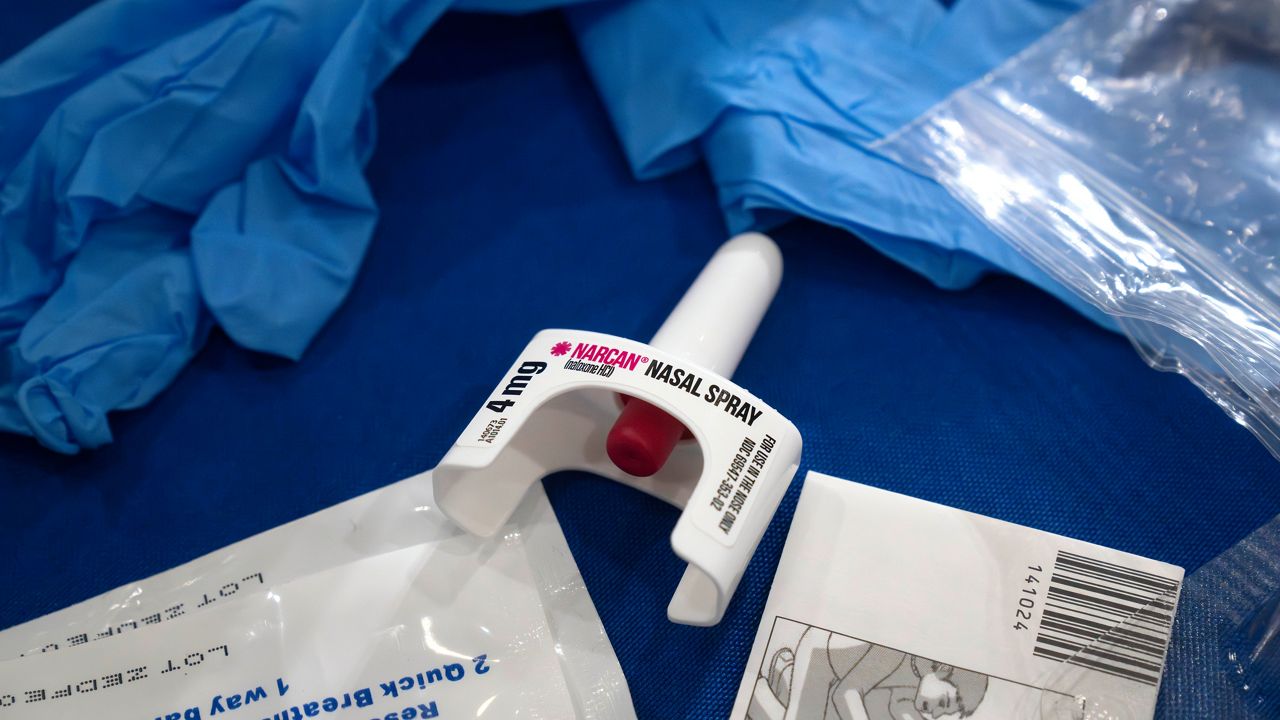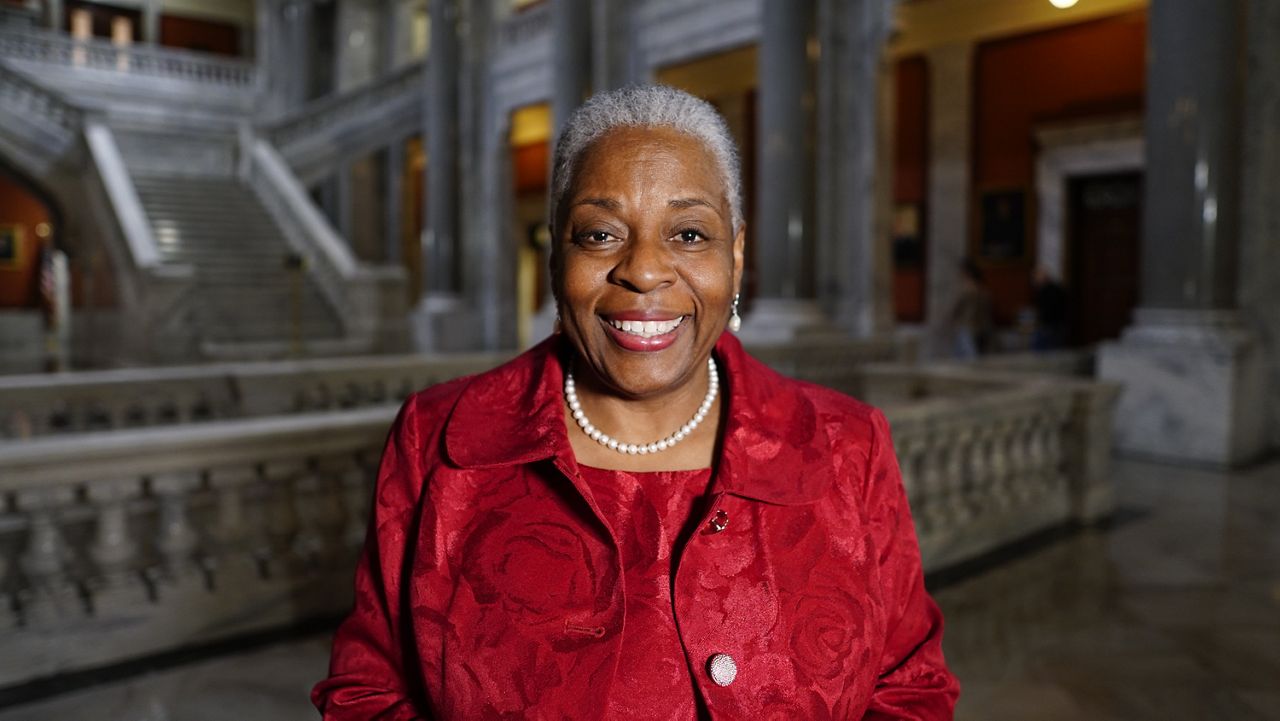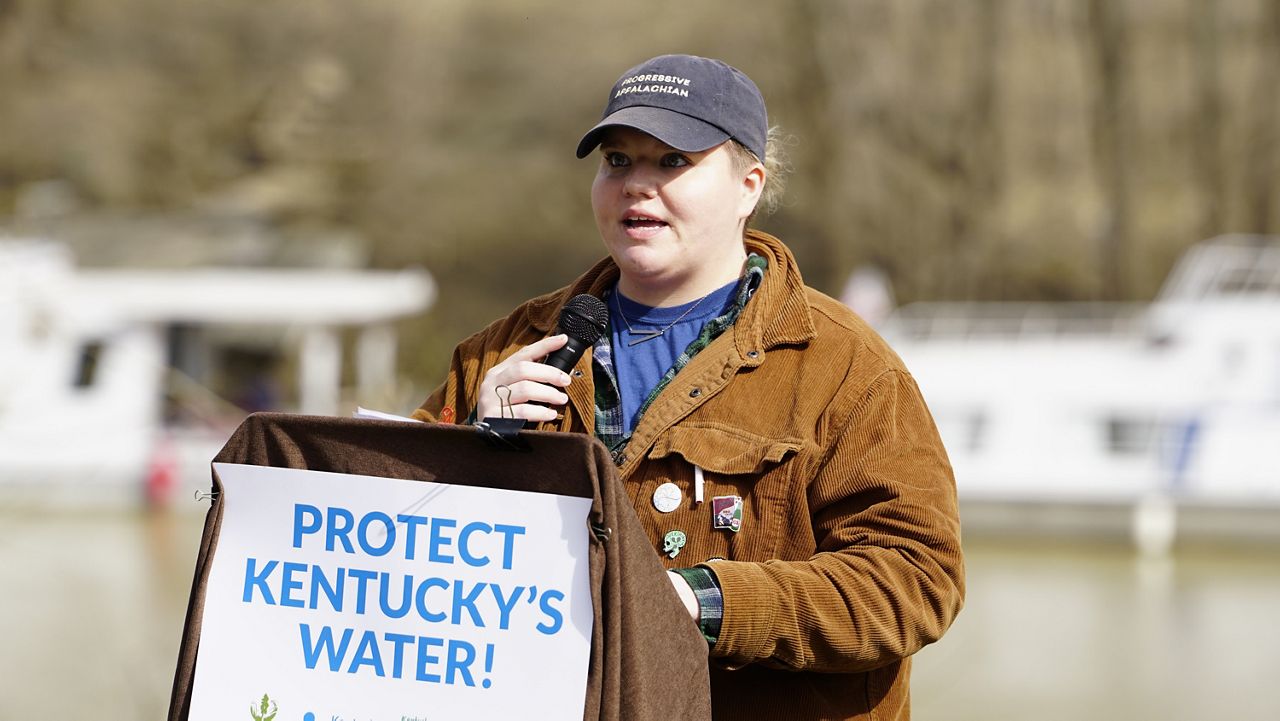LOUISVILLE, Ky. — Saturday, June 24 marked one year since the U.S. Supreme Court reversed Roe v. Wade, ending the federal protection of abortion.
The procedure remains illegal in Kentucky and patients are still traveling to nearby states for abortions, according to abortion rights supporters.
For nearly a year, the recovery room inside Planned Parenthood’s Louisville health center has been empty, said Tamarra Wieder, Kentucky State Director for Planned Parenthood Alliance Advocates.
Until last summer, the center was one of two places in Kentucky where someone could get an abortion.
After the U.S. Supreme Court reversed Roe v. Wade, two abortion bans went into effect in Kentucky.
“Our doors remain open,” Wieder told Spectrum News 1. “We are a fully operational health center and because we no longer provide … full abortion services, we have brought on patient navigators for abortion care, so we will help you navigate this new landscape and make sure that you can find a provider, get into health care in another state.”
According to Planned Parenthood Alliance Advocates, the number of people traveling to its health centers in Indiana has more than doubled for out-of-state patients seeking a medication abortion and increased over 160% for surgical abortion.
Nearly 25% of out-of-state patients in its Indiana health centers are Kentuckians, the organization said.
“Indiana [has] abortion access only by injunction, so they could lose it at any time and then Illinois would be the closest state to us and … capacity for abortion providers doesn’t necessarily change as abortion providers in other states close,” Wieder said.
Since abortion became illegal here, the health center in Louisville has seen a spike in requests for forms of birth control like intrauterine devices (IUDs), tubal ligations, vasectomies and hysterectomies, Wieder said.
Attorney General Daniel Cameron shared a statement about the anniversary of the Dobbs ruling, saying, in part:
“Despite baseless legal challenges by abortion activists, the right to life is winning in Kentucky. I look forward to a future that prioritizes real life-affirming options and support for everyone who needs them.”
Attorneys for abortion providers voluntarily dropped a lawsuit challenging Kentucky’s two abortion bans, after the Kentucky Supreme Court ruled they couldn’t argue on behalf of their patients.
“It was deeply upsetting, of course, for us, especially on this week of the anniversary of the falling of Roe, but you know, we were really given an impossible situation,” said Wieder.
She said she is confident abortion providers will be able to find a patient seeking an abortion who is willing to help providers challenge the bans in court as a patient plaintiff.
Reproductive Health Services of Planned Parenthood of the St. Louis Region’s health center in Fairview Heights, Illinois had a 35% increase in total abortion patients after Roe v. Wade was overturned, according to Reproductive Health Services of Planned Parenthood of the St. Louis Region.
Over 40% of abortion patients — a 700% increase — traveled to Illinois from outside of Missouri and Illinois, the organization said.










